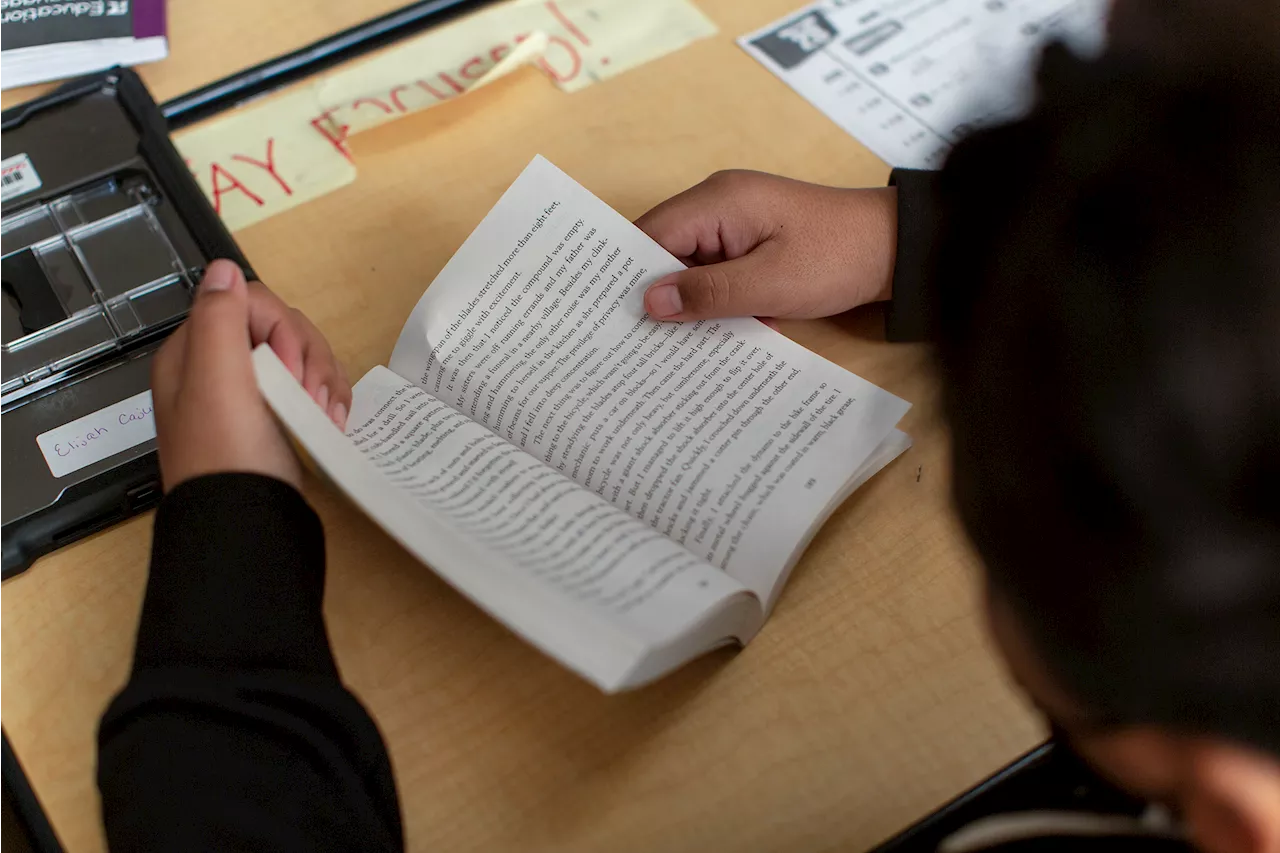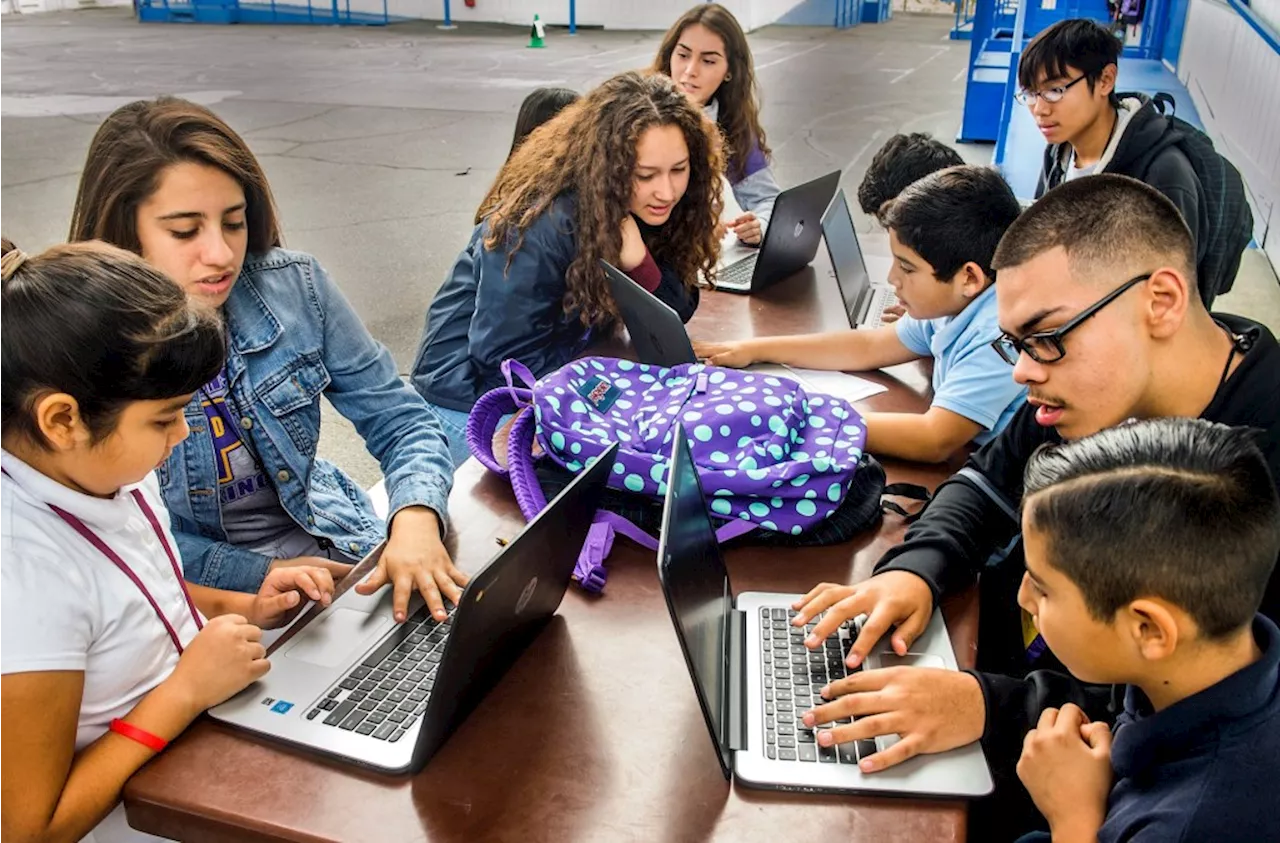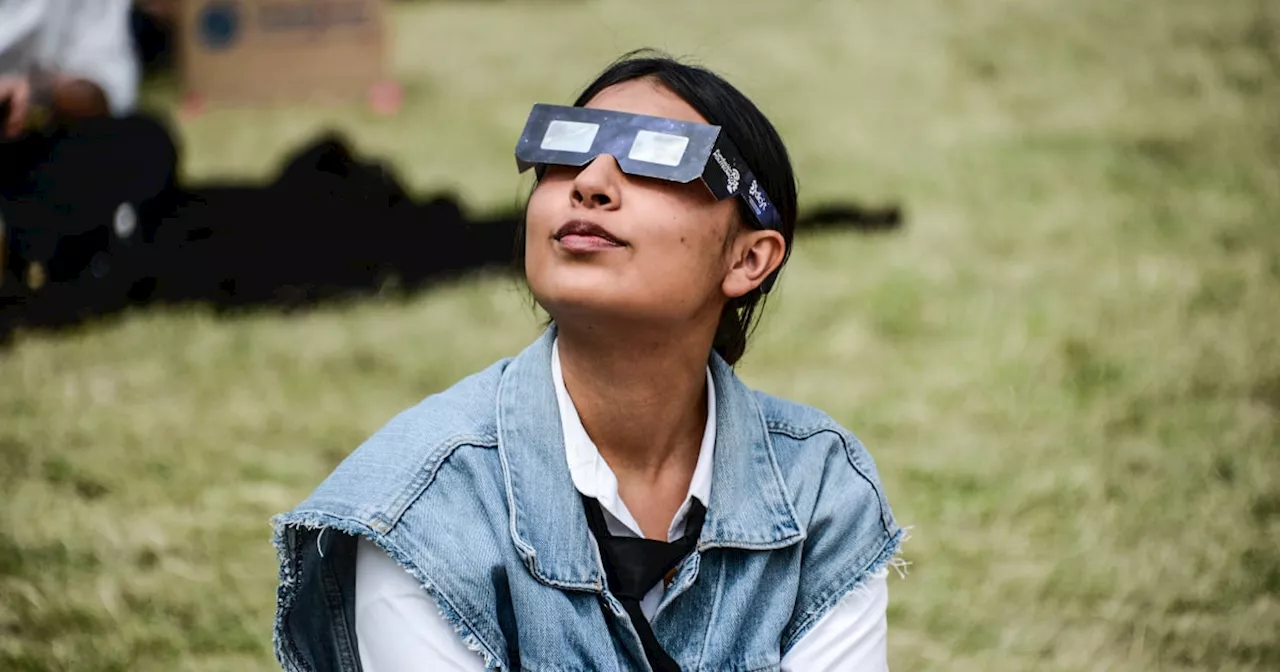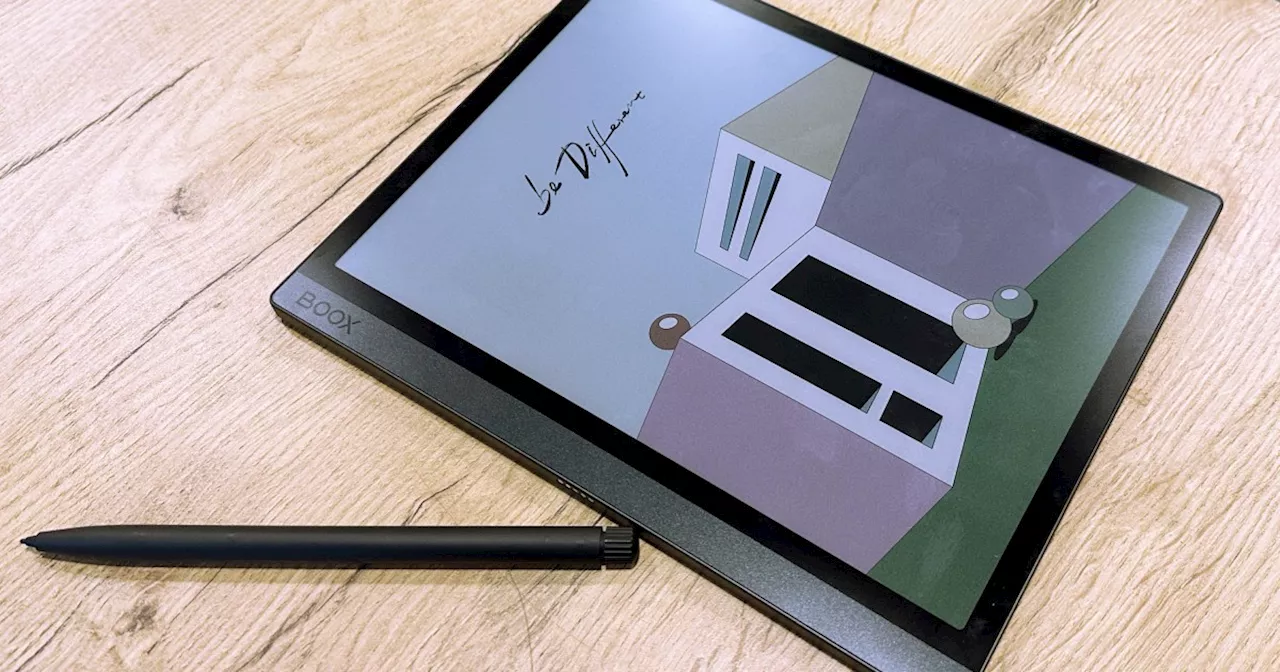We can't escape screens, but a few brands are trying to make the ordeal less harmful for eyes. Science, however, has other thoughts about our screen habits.
This story is part of Tech for Change: an ongoing series in which we shine a spotlight on positive uses of technology, and showcase how they're helping to make the world a better place. I recently found myself on a reporting assignment in Trivandrum, a beautiful beach town in India’s southernmost state. One sweltering day, as I lay reading some comics on a deckchair, I noticed that a Dutch woman kept taking a peek at my tablet.
If you scroll TikTok until the wee hours, of course, your sleep cycle is disrupted and the body won’t get the rest it needs to recharge for the next day. Scientifically, it is attributed to the functioning of a hormone called melatonin that affects our circadian cycle. The latest 3.0 iteration of TCL’s tech is claimed to filter up to 61% of blue light without reducing image quality while offering the experience of reading paper in natural light. TCL’s tech also employs an RGB sensor that automatically adjusts the screen temperature. That’s a crucial addition.
The low refresh rate means watching videos is not the best experience, and even basic reading leaves ghosting artifacts. For example, the most advanced Kaleido 3 tech by E Ink can only produce 4,096 colors, which is barely a fraction compared to the millions of shades a phone throws at your eyes. Daylight has yet to share more details about the tech powering its upcoming tablets . These tablets rely on a unique amber lighting approach. They look striking, and paired with the company’s performance claims, they could very well shift the landscape.
Dr. Jennifer Tsai, a Manhattan-based optometrist and TCL brand ambassador, says there is no clarity on the long-term health effects of display-triggered harm to the retina and cellular-level stress. However, the light emitted by an average LCD screen stresses the retinal cells, and with prolonged exposure, it leads to photo-oxidative retinal damage.
Tests have also demonstrated that E Ink’s ComfortGaze tech can reduce the Blue Light Ratio and Blue Light Toxicity Factor by up to 60% and 24%, respectively, when compared to the older front-lit display tech.
Boox Daylight Computing E Ink NXTPAPER Onyx Superus TCL Tech For Change
Philippines Latest News, Philippines Headlines
Similar News:You can also read news stories similar to this one that we have collected from other news sources.
 If Newsom truly follows the science, why not adopt the ‘science of reading’ in California schools?When it comes to the 'science of reading' in schools, California has continued to oppose a proven method for improving comprehension.
If Newsom truly follows the science, why not adopt the ‘science of reading’ in California schools?When it comes to the 'science of reading' in schools, California has continued to oppose a proven method for improving comprehension.
Read more »
 If Newsom truly follows the science, why not adopt the ‘science of reading’ in California schools?He said he wants the Legislature to “study this problem closely.”
If Newsom truly follows the science, why not adopt the ‘science of reading’ in California schools?He said he wants the Legislature to “study this problem closely.”
Read more »
 NASA confirms that debris from space station crashed into Florida homeDenise Chow is a reporter for NBC News Science focused on general science and climate change.
NASA confirms that debris from space station crashed into Florida homeDenise Chow is a reporter for NBC News Science focused on general science and climate change.
Read more »
 Heavy rains cause rare flooding in DubaiDenise Chow is a reporter for NBC News Science focused on general science and climate change.
Heavy rains cause rare flooding in DubaiDenise Chow is a reporter for NBC News Science focused on general science and climate change.
Read more »
 How to view the 2024 solar eclipse safely: A guide to protecting your eyesDenise Chow is a reporter for NBC News Science focused on general science and climate change.
How to view the 2024 solar eclipse safely: A guide to protecting your eyesDenise Chow is a reporter for NBC News Science focused on general science and climate change.
Read more »
 The Psychological Toll of MarsRocket science is one thing, but the social science is a real problem.
The Psychological Toll of MarsRocket science is one thing, but the social science is a real problem.
Read more »
